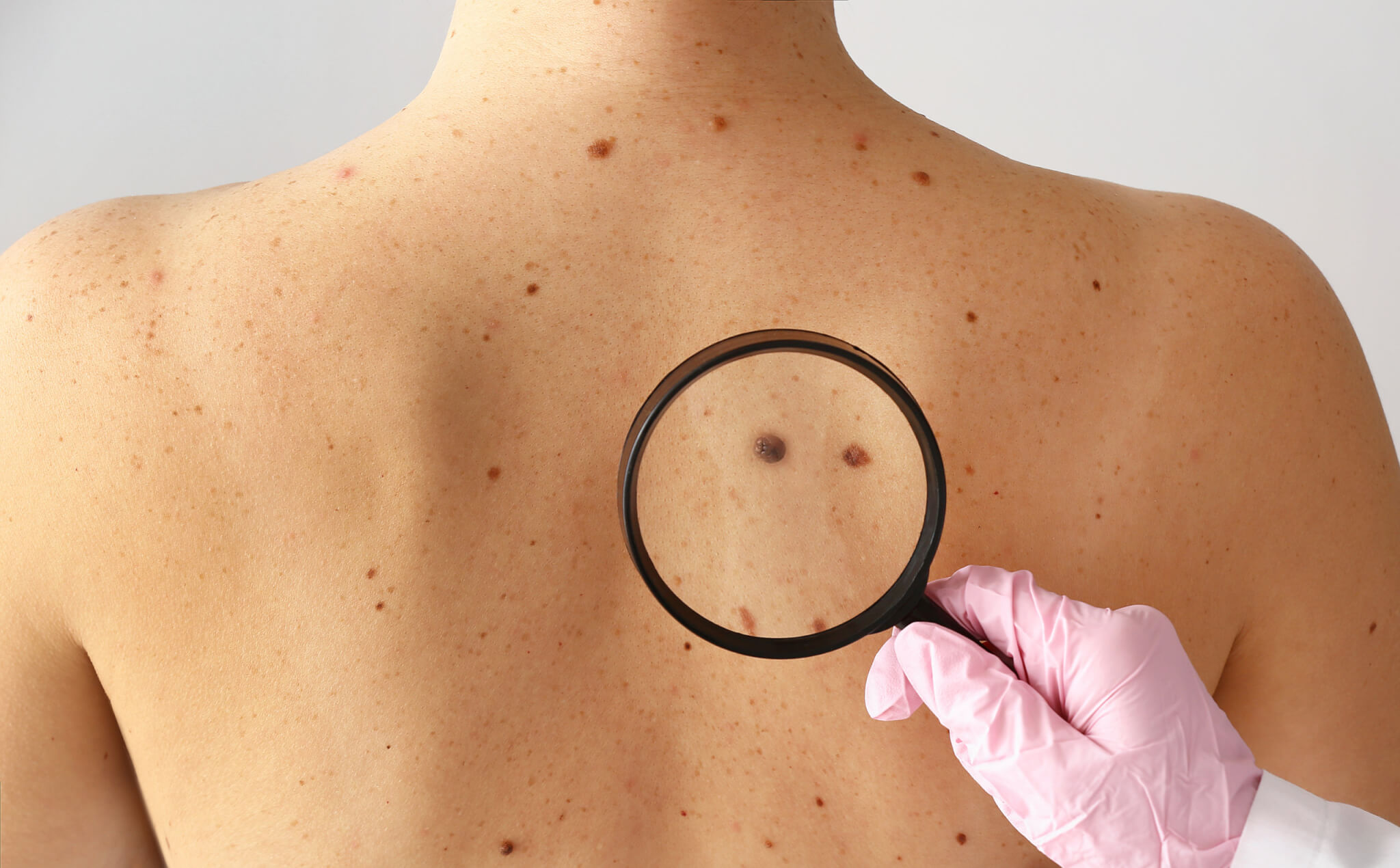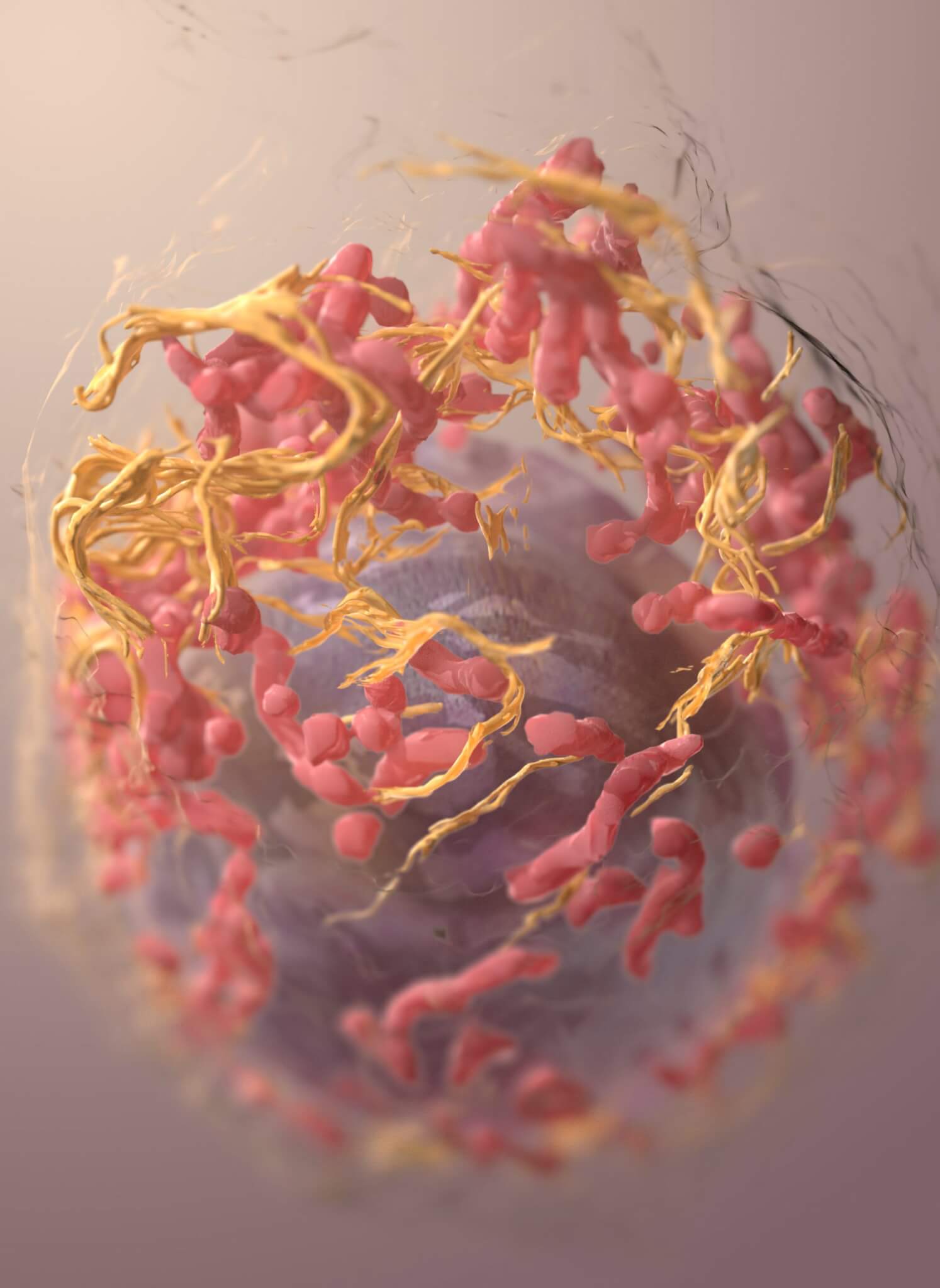DARWIN, Australia — Could cannabis cure cancer? Researchers believe a revolutionary new skin cancer treatment is on the horizon. A cannabis extract has been found to significantly slow down the growth of melanoma cells and increase their death rates.
The research from Charles Darwin University (CDU) and the Royal Melbourne Institute of Technology (RMIT) scientists centered on a specific extract from the cannabis sativa plant, known as cannabinoid PHEC-66. The study reveals that this extract can bind to certain receptor sites on melanoma cells. Once attached, it regulates the growth of these cells at crucial phases of their life cycle and enhances the damage inflicted upon them, leading them toward programmed cell death or apoptosis.
“The damage to the melanoma cell prevents it from dividing into new cells, and instead begins a programmed cell death, also known as apoptosis,” says study co-author Dr. Nazim Nassar, a pharmaceutical lecturer at CDU, in a university release.
💡What Is Skin Cancer?
- Skin cancer is by far the most common type of cancer.
- It occurs when skin cells grow abnormally, often due to DNA damage.
- Uncontrolled cell growth can form malignant tumors.
- Melanoma is a less common form but more aggressive and can spread.

This process is crucial for eliminating cancer cells from the body and is a major focus of cancer research, aiming to find treatments that can trigger this cell death.
“If we know how they react to cancer cells, particularly in the cause of cell death, we can refine treatment techniques to be more specific, responsive and effective,” notes Dr. Nassar.
The ability of cannabinoid PHEC-66 to manipulate melanoma cells into self-destruction marks a significant advancement in cancer research.
“This is a growing area of important research because we need to understand cannabis extracts as much as possible, especially their potential to function as anticancer agents,” explains Dr. Nassar.
However, challenges remain, particularly in the development of targeted delivery systems that can ensure the extract reaches the melanoma cells efficiently, preparing it for pre-clinical trials.
“Advanced delivery systems still need to be fully developed, underscoring the importance of ongoing efforts to ensure the proper and effective use of these agents at target sites,” says Dr. Nassar.
Dr. Nassar and his colleagues are optimistic about the future of cannabis extracts in cancer treatment despite the stigma surrounding their use.
“Clinical uses of cannabis extracts include treatment for anxiety, cancer-related symptoms, epilepsy, and chronic pain,” says Dr. Nassar. “Intensive research into its potential for killing melanoma cells is only the start as we investigate how this knowledge can be applied to treating different types of cancers.”
Study lead author Nitin Mantri, professor and biotechnologist at RMIT, stressed the need for long-term studies to confirm the sustained effectiveness and safety of the PHEC-66 extract.
“The subsequent stage involves animal studies or pre-clinical trials to validate and further explore the efficacy of cannabinoid PHEC-66 in treating melanoma and other cancers,” adds Mantri.

The collaboration between Mantri and Dr. Nassar highlights the interdisciplinary effort required to advance the development and application of cannabis extracts in cancer treatment. They call for support and sponsorship from pharmaceutical companies to further this research, with the hope that PHEC-66 could eventually become a registered medicine.
The study, published in the journal Cells, marks an important step toward potentially revolutionizing cancer treatment, demonstrating the promising therapeutic potential of cannabinoids in the battle against melanoma.

I heard that strong iodine drops like Lugol solution kill melanoma cancer. I knew a person who put 10 drops on the melanoma 3 times a day. Let the iodine absorb into the cancer after each drop. That is 30 drops a day for 7 days, Then the cancer will be ready to gently pull off deep root and all. Make sure that you take out the root.
I don’t think that you can do that if you take Synthroid thyroid medication. Too much iodine.